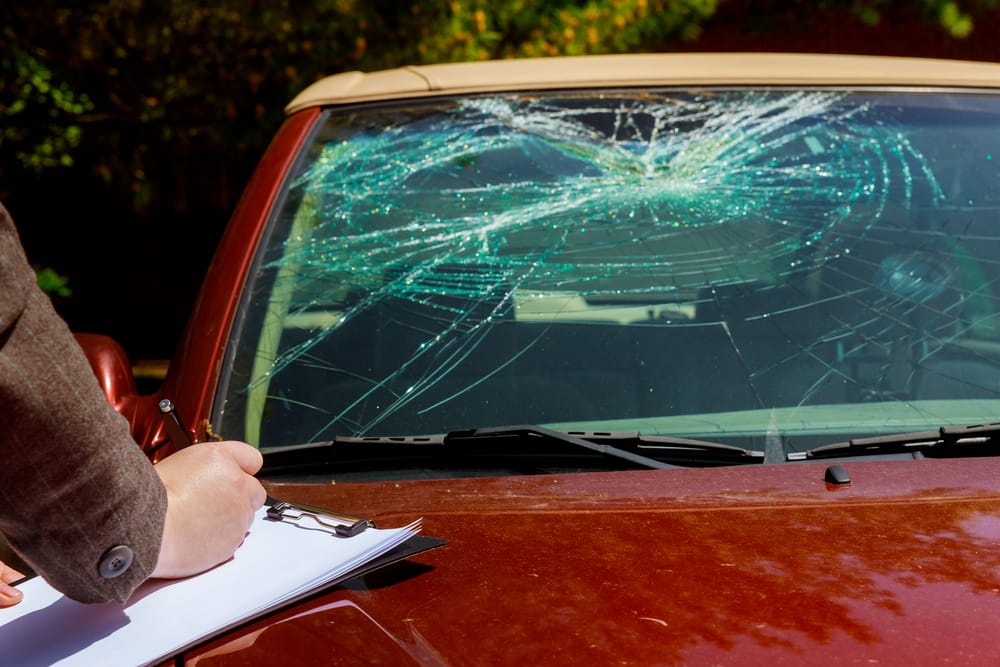No one wants to hit an animal with their car. But accidents happen, and it’s important to know what to do if you find yourself in this situation. Read on to learn the first steps you should take and what kind of coverage you need.
First steps: Who should you call? Should you check on the animal?
If you hit an animal with your car, you should first pull over to the side of the road. Then, if you can, safely move your vehicle off the road entirely. Then, you should assess the situation. If the animal is still alive, do not approach it—wild animals can be dangerous, even if they seem friendly. Instead, call your local police or animal control for assistance.
If the animal is dead, you can move it off the road yourself if it is safe. If you cannot move the animal yourself or it is too dangerous to approach, call your local police or animal control for assistance. Once you move the animal, you can continue on your way.
The cost: How much do animal-related auto collisions cost on average? Hint: It isn’t cheap!
According to State Farm, animal-related collisions are actually quite costly—the average cost per claim is $3,288. That’s more than double the average comprehensive insurance claim! This high cost is partly because these accidents often cause significant damage to vehicles. However, they can also be quite dangerous; according to AAA, nearly 10% of all deer-related collisions result in injuries to motorists or passengers. So you must be prepared if you find yourself in this situation.
Coverage type: What kind of coverage do you need—comprehensive or collision? Why?
Comprehensive insurance covers damage caused by events other than a collision, such as hitting an animal or vandalism. For example, collision coverage covers damage caused by a collision with another vehicle or object (like a tree). So, if you hit an animal with your car, you would need comprehensive insurance coverage to pay for your repairs.
Conclusion
No one wants to hit an animal with their car, but accidents happen. If you find yourself in this situation, remember to pull over and assess the situation before taking further action. If the animal is still alive, do not approach it—instead, call your local police or animal control for assistance. And if the animal is dead, use caution when moving it off the road—it’s best to call for help if necessary.
These accidents are costly—on average, they cost more than double a comprehensive insurance claim—so it’s essential to have adequate coverage before something happens. Comprehensive insurance covers damage caused by events other than a collision and will pay for repairs if you hit an animal with your car. Now that you know what kind of coverage you need and what steps to take after an accident, hopefully, you’ll never need to use this information…but it’s always better to be safe than sorry!
Senior Outlook Today is your go-to source for information, inspiration, and connection as you navigate the later years of life. Our team of experts and writers is dedicated to providing relevant and engaging content for seniors, covering topics such as health and wellness, finances, technology and travel.






